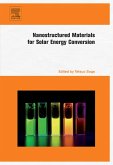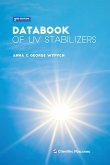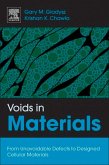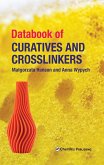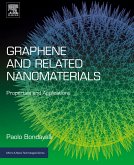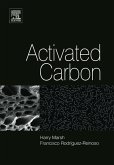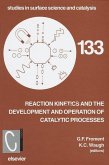Calorimetric Methods for the Characterization of Porous Materials presents calorimetric methods used in the characterization of porous materials using chemical thermodynamics. Among these materials, catalysts, supports and adsorbents (such as Activated Carbon, Metal-Organic-Frameworks, SBA-15, Zeolites, Graphene, Graphite, Carbon Foams) are presented. In addition, the use of calorimetry in the study of catalytic reactions in different phases is explored-applicable to air and wastewater treatment, clean and renewable energies, green chemistry, as well as energy production and storage (Carbon dioxide, methane and hydrogen
at high pressure). Chapters summarize basic concepts of thermodynamics and kinetics alongside experimental techniques such as thermal analysis and calorimetry. In addition, information is given about different calorimetric methods that can be used in studies aimed at characterizing the physicochemical properties of adsorbents, supports and solid catalysts, as well as the processes related to the adsorption-desorption phenomena of the reactants and/or products of catalytic reactions.
- Addresses the problems involved with the chemical thermodynamics of porous materials, with a significant practical element explaining experimental parameters and how to perform calculations
- Presents, in detail, the main instrumental calorimetric methods, including those that must be carefully considered to avoid experimental errors
- Demonstrates, step-by-step, how to perform calculations using data obtained from instrumentation to achieve reliable results
- Provides novel explanations on how to use calorimetry in catalyst characterization
- Allows readers to broaden the spectrum of the application of calorimetry in the study of materials
Dieser Download kann aus rechtlichen Gründen nur mit Rechnungsadresse in A, B, BG, CY, CZ, D, DK, EW, E, FIN, F, GR, HR, H, IRL, I, LT, L, LR, M, NL, PL, P, R, S, SLO, SK ausgeliefert werden.



